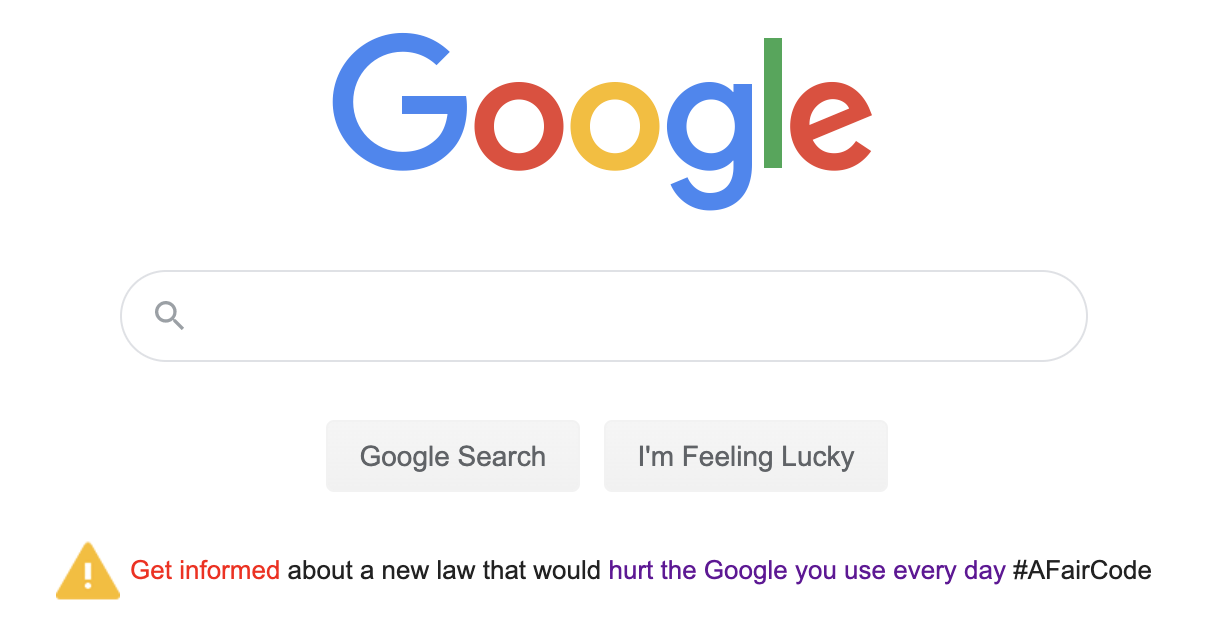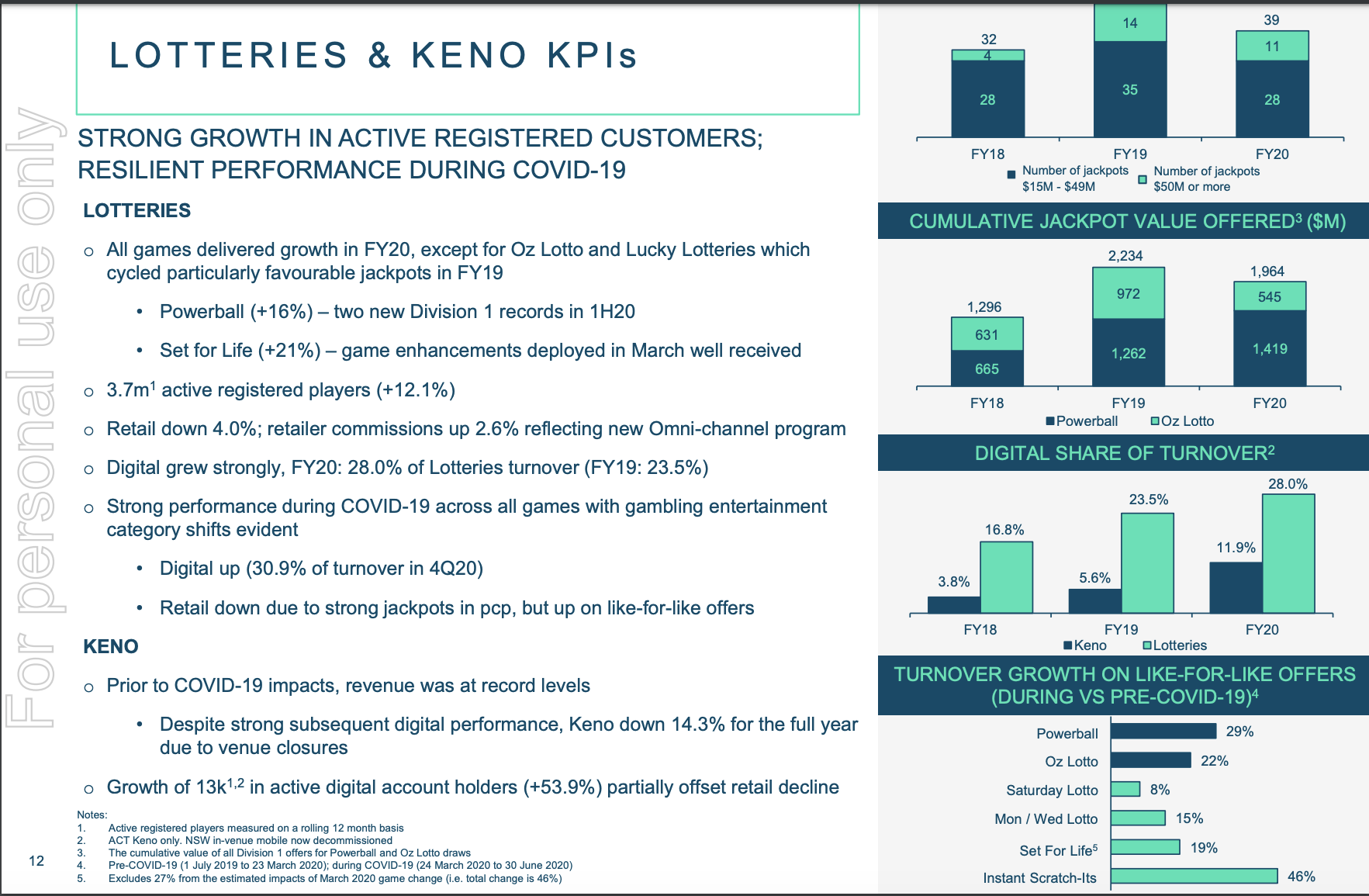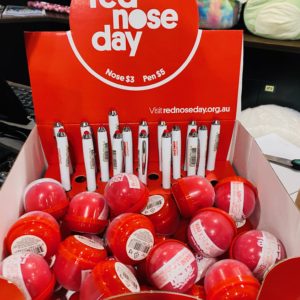Are retail newsagencies closing due to COVID-19? I see no evidence of this. While I am aware of a couple of business owners saying they closed due to Covid, these businesses were on a trajectory to closure long before the outbreak.
In my experience and based on data I have seen, gift shops, jewellers and hospitality businesses are more likely to close due to Covid than newsagents. I am aware of plenty in these channels that have closed, businesses that were trading okay and not on a trajectory to closure.
By trajectory to closure, I mean data in year on year comparison – revenue and profitability were declining before Covid, showing the business to be on a trajectory to closure unless it took drastic action to play against the trajectory.
Most retail newsagents, particularly high street, regional and rural newsagents are doing well through Covid. It is rare to find one not doing well. And, by well, I mean with year on year revenue somewhere between -20% and +33% – yes, that is the actual range I am seeing reported.
Of the 150+ I have spoken with that are doing well, all had diversified in one or more ways, attracting non traditional newsagency shoppers, driving up overall GP% and broadening the appeal of the business. And, by doing well, I mean they did not qualify for JobKeeper.
The retail newsagencies more likely to not come out of Covid well are those in shopping centres, especially those without online revenue and those that have not pivoted enough. Covid has laid bare the risk of their the traditional newsagency situation of low margin agency lines and an ever growing operating cost base.
The good news for the channel is the successful pivots undertaken. There is the traditional pivot to gifts. then, there is the less traditional and often equally or more successful pivot to coffee, cafe, toys, games, homewares, baby, outdoors, electrical, locally made, services and more. Successful pivots usually involve 2 or more of these categories.
Covid has brought into focus the need to evolve. This need is not new nor are the suggested changes new. Indeed, they have been discussed and debated here for years as well as at conferences and workshops. indeed, the first time I laid out the need for fundamental change in new traffic categories was at the ACP Magazines Connections conference in 2005.
Newsagents who want help to pivot can speak with a marketing group. A good marketing group will offer options for consideration, new traffic opportunities, execution training and platforms through which you can discover new shoppers. This work is all basic to any engaged marketing group.
What Covid has brought into focus is new opportunities for the channel. These are in the form of new suppliers as well as new operating practices such as being online, offering click and collect and bundling. I see these as positive for those for whom they are new.
While the channel has evolved and continues to evolve, newsagencies are here and are strong. The biggest difference today is in the types of businesses that consider themselves to be under that shingle.
Now, if you plan to comment that it’s doom and gloom, I say, again, there is no evidence of this, no matter how much you may want there to be.
The newsagency channel is filled with plenty of good news, which we should celebrate.
Footnote: I expect Covid will result in a fundamental change in areas including occupancy cost, a shift, for some, out of malls and on to the high street, access to new suppliers and, maybe, changes to employee arrangements. These and other areas of change will lead to fundamental recasting of retail, business and our channel.
Note: My information comes from my software company, Tower Systems, which serves 1,700+ retail newsagents, my work with newsXpress members, 220+ retail newsagency businesses, newsagency suppliers and others.










